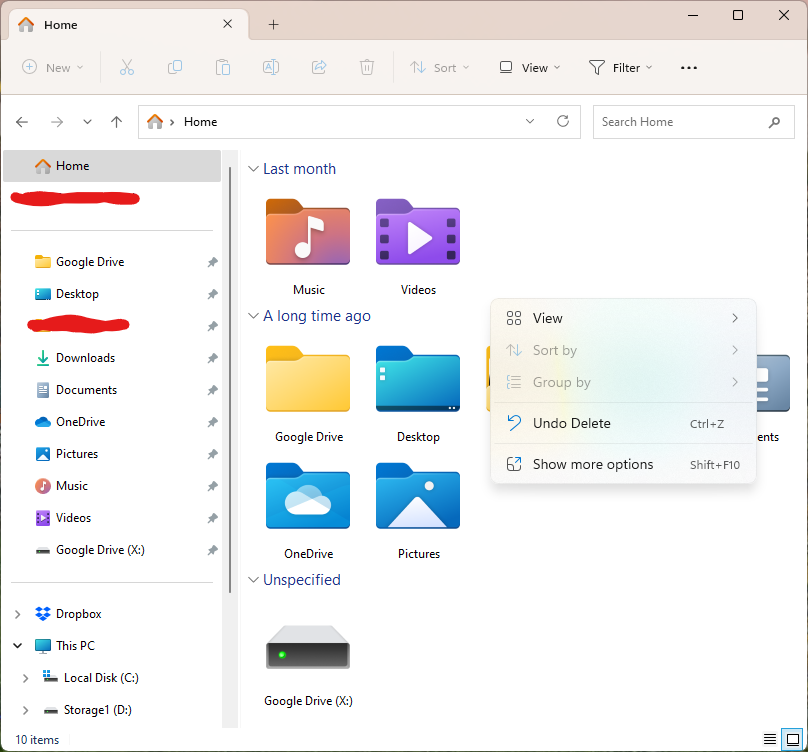I think lots of it is some of the frustration of writing C, and partly because it's ancient and people want new things to work with. Which Rust is gonna be great for, at least in the short term. C has stood the test of time however, and the Lindy Effect is fully in place with it. I think it's good to have Rust come into things like the Windows and Linux Kernel and see if it can compete with or replace some of the antiquated C code. There's also the challenge that getting the committee to do anything new in C is a bloody nightmare.
I think using the argument of "nothing which can't be accomplished with well written X" is a bit of a dud though, competition is good, and C is so vast, widely distributed, supported and has so much tooling that it'll take years and years for Rust or whatever supersedes Rust to get anywhere near that, but adding support to use them is great, whether that will be fully embraced is another matter. I'm also not sure your low level understanding argument is correct either, it has all (or most) of the low level features, even if it tries to avoid raw pointers they are there - it just has the higher level features that lots of people want too.
All in all I think things will continue to be written in C for decades, but it's great to see some of the younger people embrace Rust and see what they can come up with too.



 that's how it gets good with lots of fixes.
that's how it gets good with lots of fixes. I am currently learning the Volkan API using C++ just for fun. C++ has changed quite a bit from when I last investigated it, I normally just use my old base code but its 25+ years old now so refuses to compile using x64(it does not like all the inline asm code).
I am currently learning the Volkan API using C++ just for fun. C++ has changed quite a bit from when I last investigated it, I normally just use my old base code but its 25+ years old now so refuses to compile using x64(it does not like all the inline asm code).